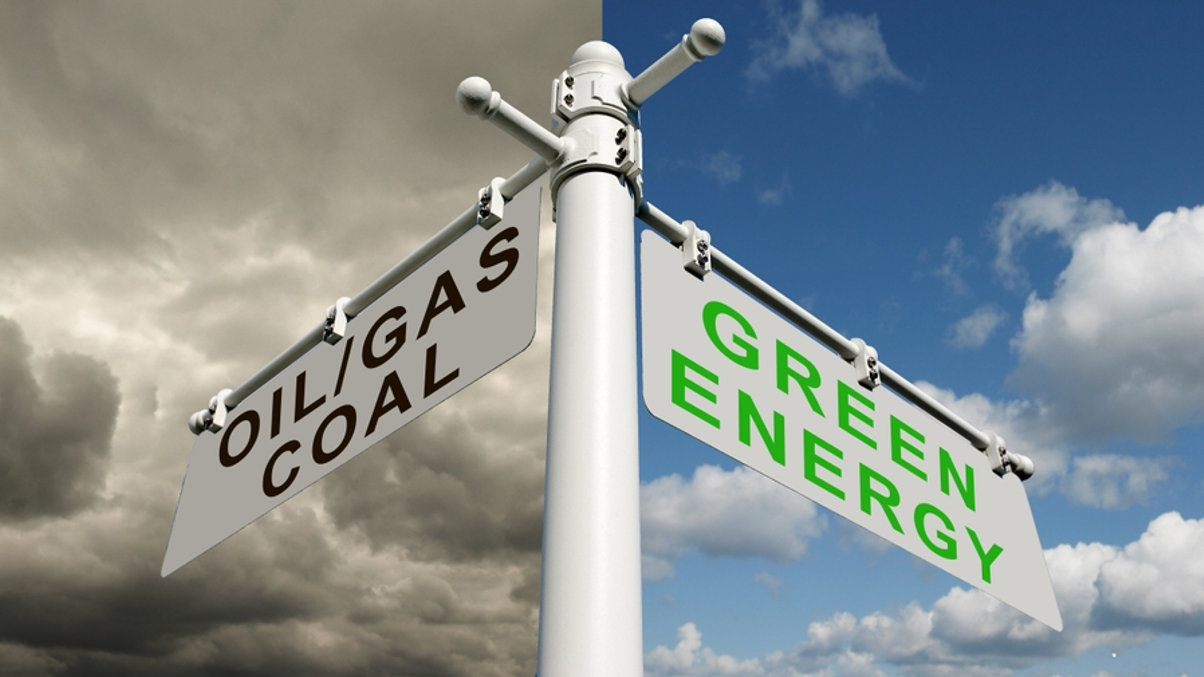UK institutional investor flags challenges of renewables switch in Asia
Investors must be mindful of potential social and economic fallout from a sudden shift to renewables in Asia, according to the Asia head of the development institution.

Investors focusing on promoting renewables must carefully consider the social and economic costs of moving too quickly in economies still highly geared to fossil fuels, Srini Nagarajan, head of Asia at British International Investment (BII), the UK’s £8.1 billion ($9.7 billion) development institution, told AsianInvestor.
Sign in to read on!
Registered users get 2 free articles in 30 days.
Subscribers have full unlimited access to AsianInvestor
Not signed up? New users get 2 free articles per month, plus a 7-day unlimited free trial.
¬ Haymarket Media Limited. All rights reserved.


